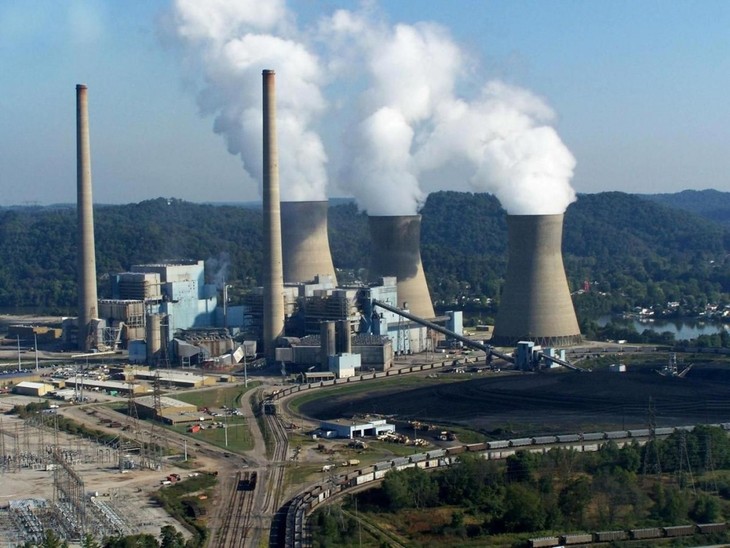
The deal included an agreement to transition away from global consumption of fossil fuels, a first of its kind. The deal was struck in Dubai after two weeks of hard-fought negotiations, including one day of overtime and multiple revised drafts.
The final draft was announced early Wednesday, and after 4 hours of negotiation, an agreement was reached. The most significant item of the deal was the member countries’ commitment to transition away from fossil fuels in energy production “in a just, orderly and equitable manner, accelerating action in this critical decade, so as to achieve net zero by 2050 in keeping with the science”.
This is the first time at the UN climate summit that the term “fossil fuels” was explicitly mentioned in an agreement. The negotiations leading to the final deal saw strong disagreement between more than 100 countries led by the US and the EU, who had lobbied hard for strong language in the COP28 agreement to “phase out” oil, gas and coal use, and the oil producing group OPEC+.
The phrase “transition away from fossil fuels” was considered a compromise between the parties to avoid a complete failure of the summit. COP28 President Sultan Al Jaber called the deal “historic”, saying: “We have confronted reality, and we have set the world in the right direction. We have given it a robust action plan to keep 1.5 within reach. It is a plan that is led by the science.”
The deal also calls for a tripling of renewable energy capacity globally by 2030 and accelerating technologies such as carbon capture and storage. Now that the deal is struck, member countries are responsible for delivering through their national policies and investments.
(VOV World)




